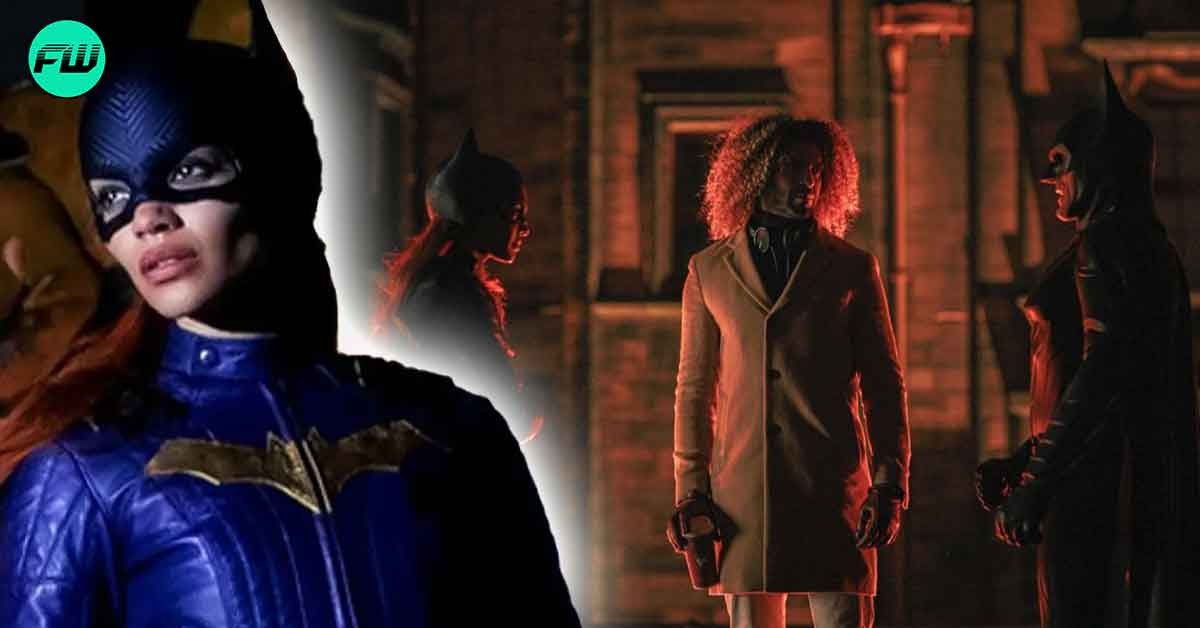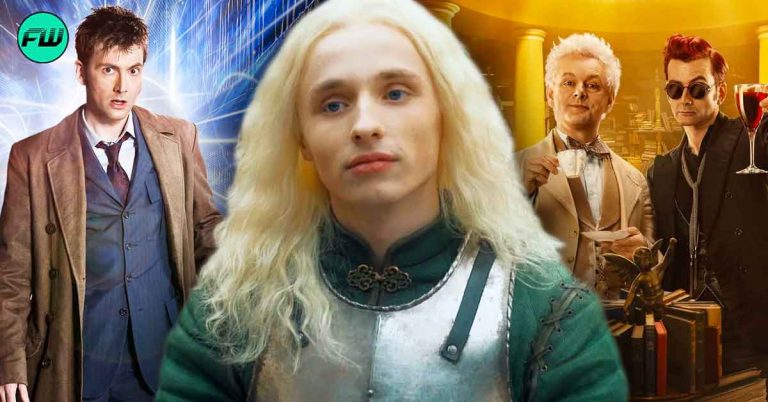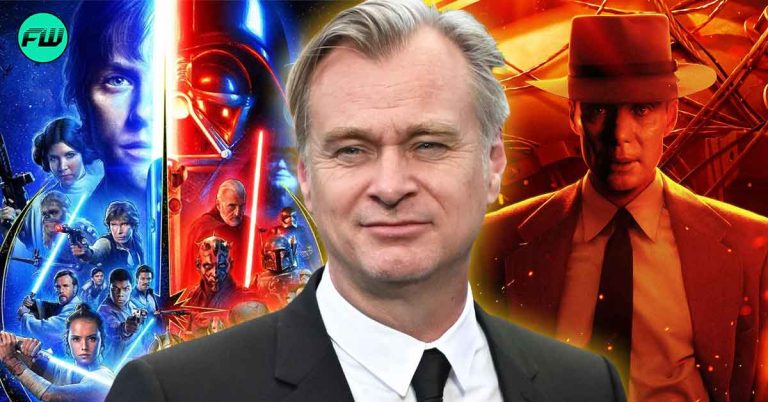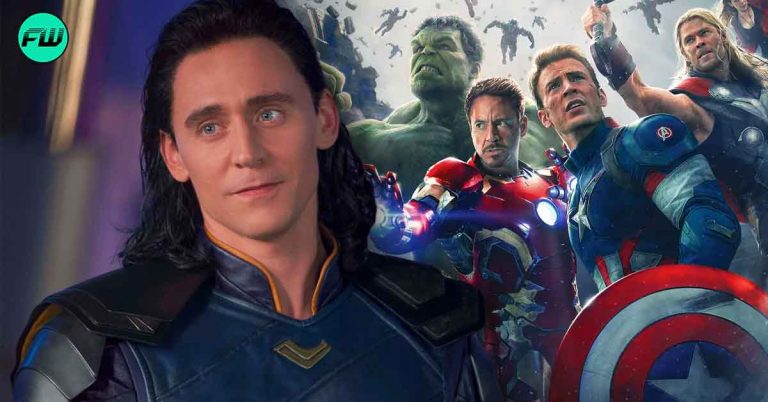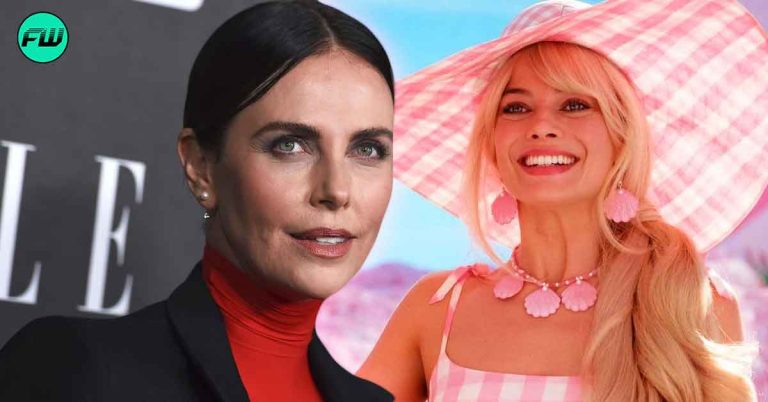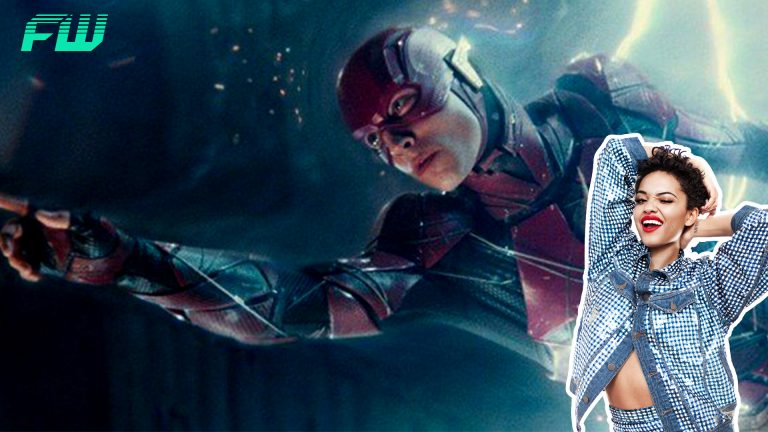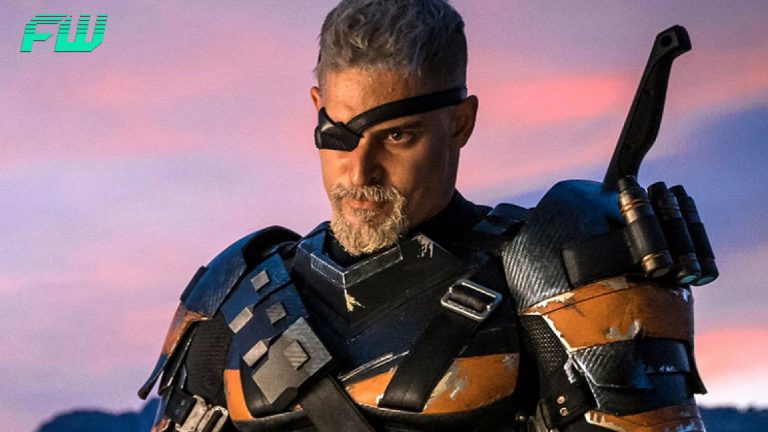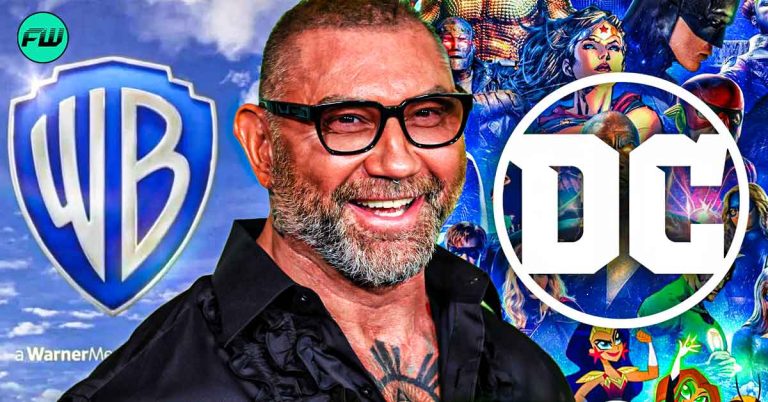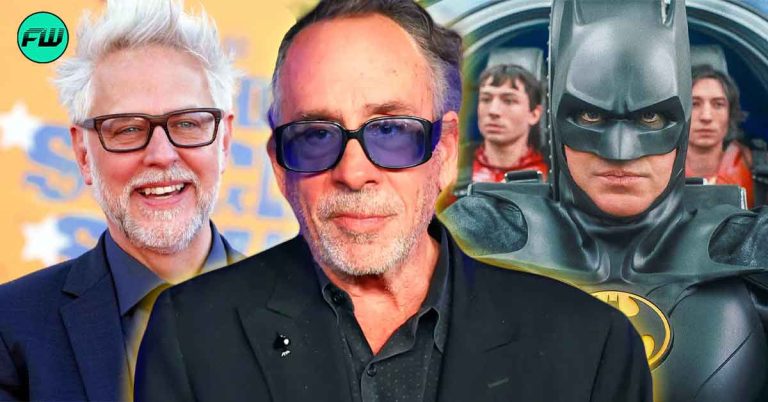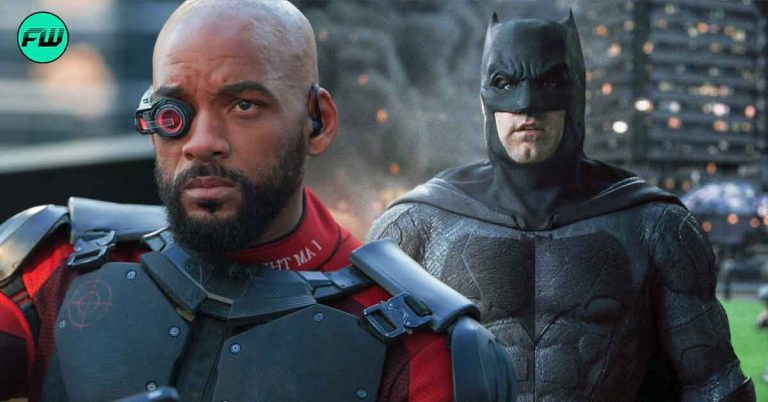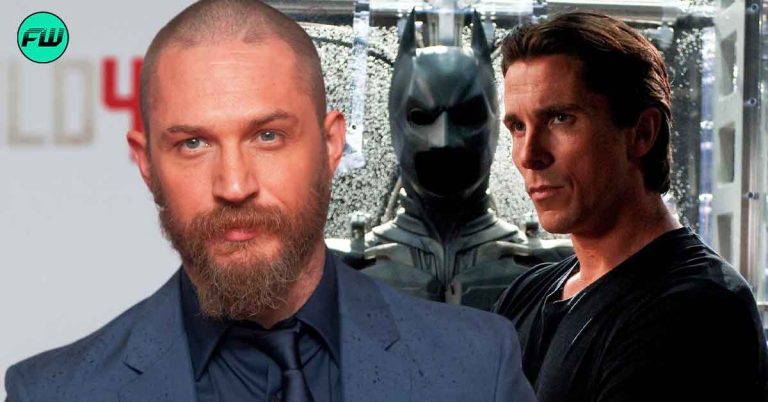Warner Bros. has been treating their Batgirl movie like a rabid flying rodent (yes, like the one that caused the pandemic) and exterminating the unfortunate thing by “lighting almost $100 million on fire“.
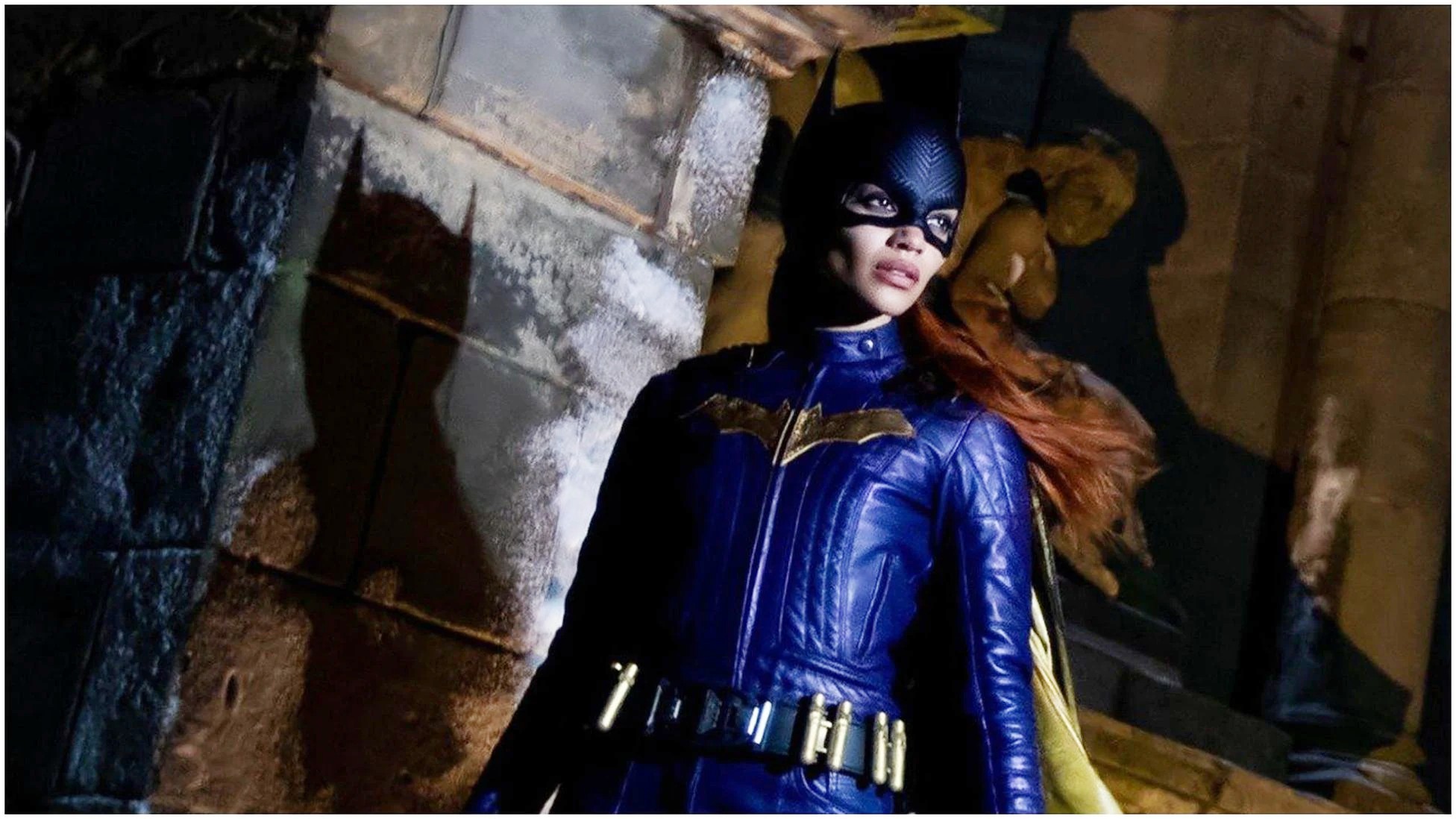
The studio has put the nearly-finished production on hold. The DC Comics adaptation was first planned and made as an HBO Max release, then it was thought about for a theatrical release, but it won’t now have either. Before Warner Bros. and Warner Bros. Discovery combined in April 2022, Batgirl was already in development.
So, why was the film put on hold? Well, it apparently isn’t ‘big’ enough to be released
The folks at The Wrap say that the new administration wants to focus on “big theatrical event films” as opposed to short spinoffs. Insiders believe that the decision to shelve the movie, like some of the other decisions Warner Bros. Discovery has taken since the merger, is motivated by a desire for a tax write-off. Despite the movie’s declared $70 million budget, rumors claim that COVID shutdowns led the costs to soar to over $90 million. In the context of current superhero entertainment, we believe this counts as a “smaller” spinoff.
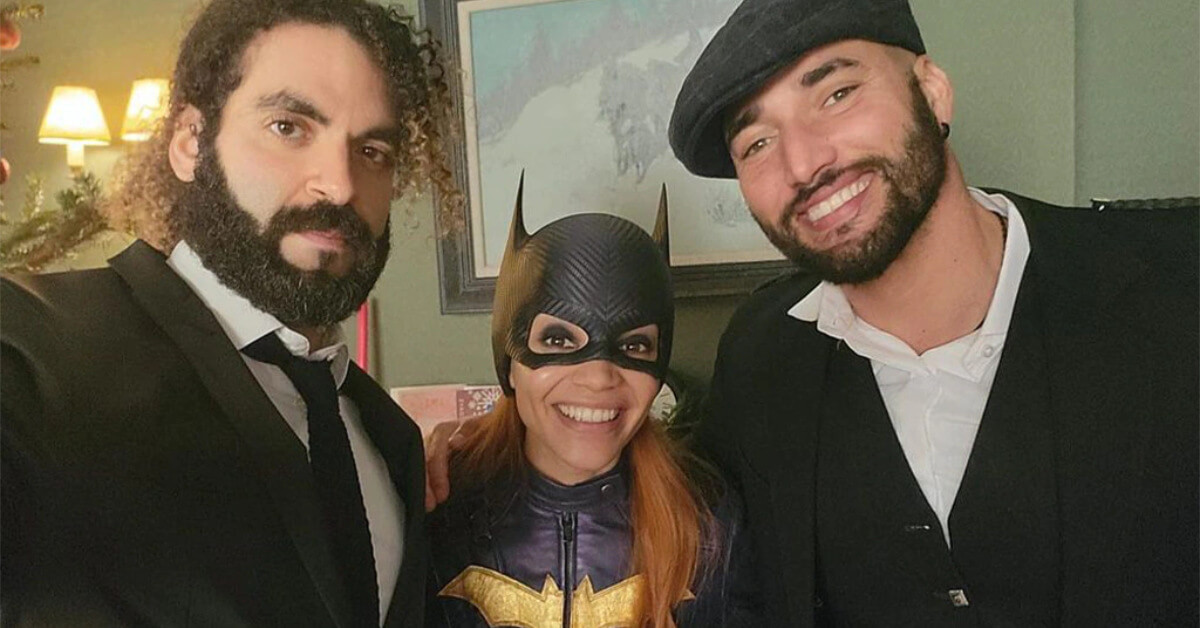
When Warner Bros. abandoned the movie, Batgirl was already well into postproduction, with just temporary visual effects and music. Previously, the movie had just one test showing, which was the only time the audience saw a cut. One speculation around Batgirl is if it would follow in the footsteps of Zack Snyder‘s Justice League, a movie that was shelved but subsequently released. But according to reports, Batgirl is unique for a number of reasons. The studio did not claim a tax write-off for Justice League. There was no legal reason why a different version couldn’t exist once it was released in theaters.
Fans’ reactions to the cancellation of the release
Meanwhile, this is what Twitterati had to say about it:
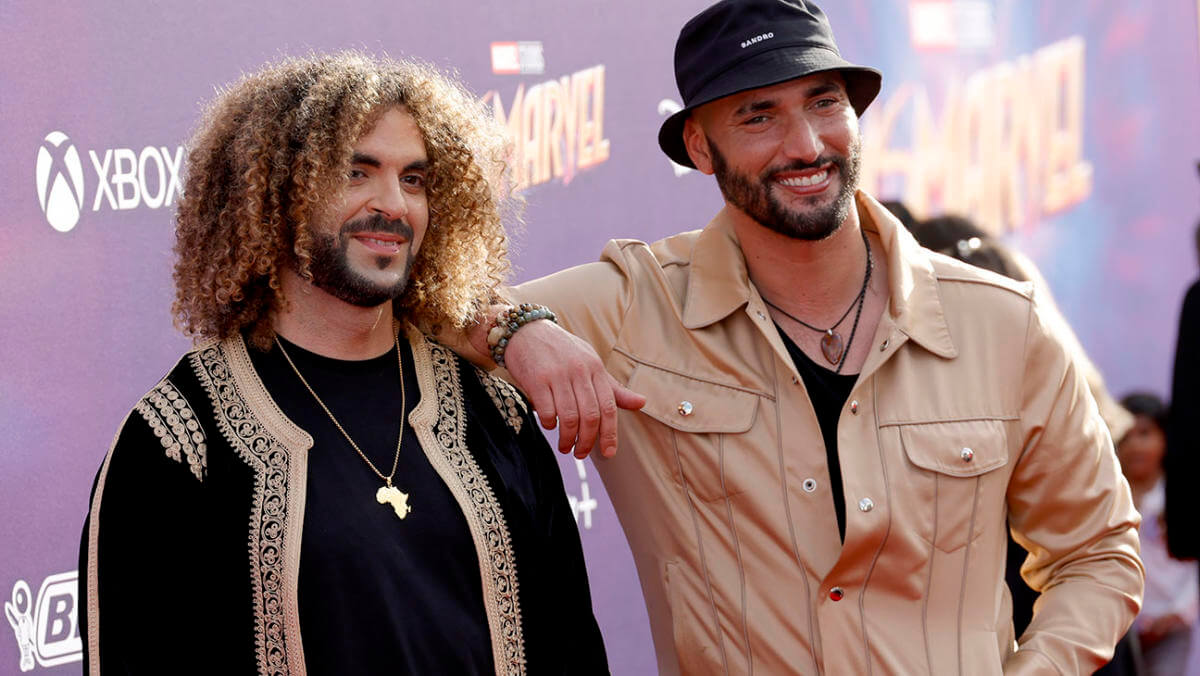
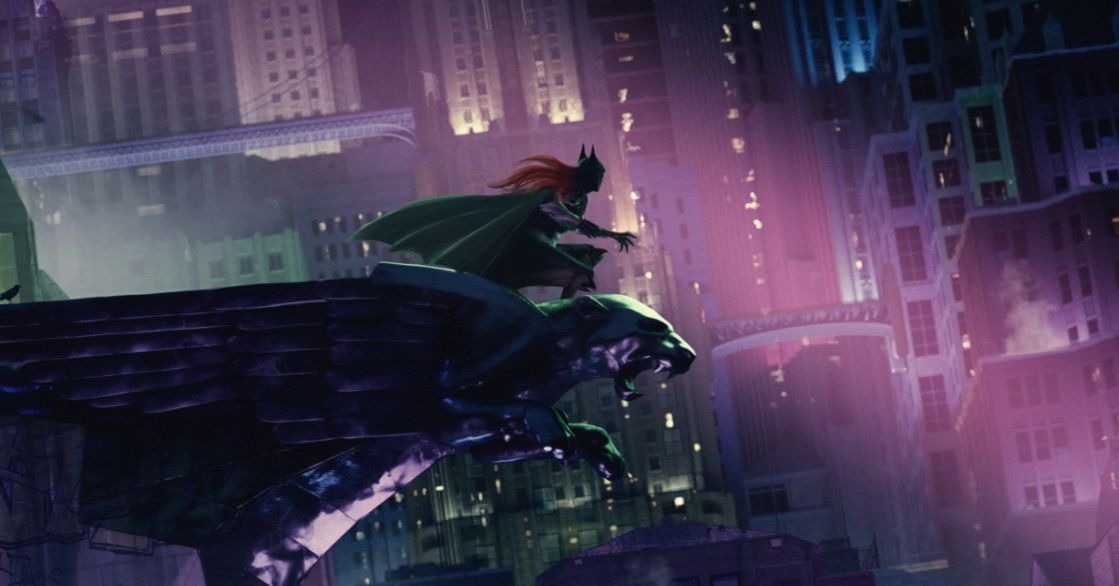
The studio would violate the regulations that let Warner Bros. Discovery claim a tax write-off if it released Batgirl. Additionally, although sources claim it’s likely some of the partners connected to the project may have some material for their perusal, although directors Adil El Arbi and Bilall Fallah have said they do not have direct access to any footage.
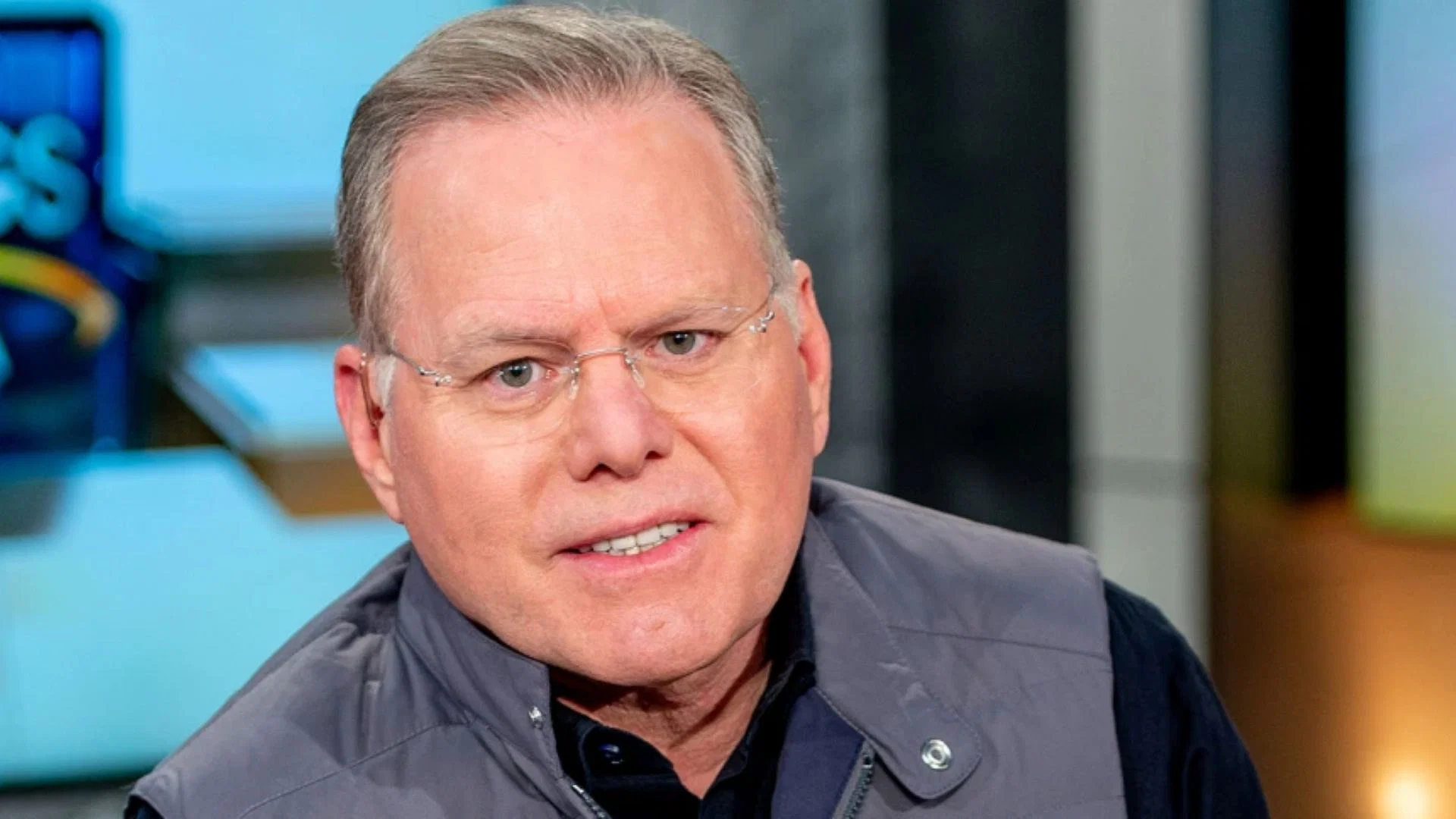
In contrast, Snyder left the Warner Bros. lot with a laptop that included a rough, four-hour cut of Justice League in the spring of 2017. After what seemed like a never-ending movement of fans pleading and calling for the release of his version of the movie, he subsequently finished that cut.
Source: Twitter

